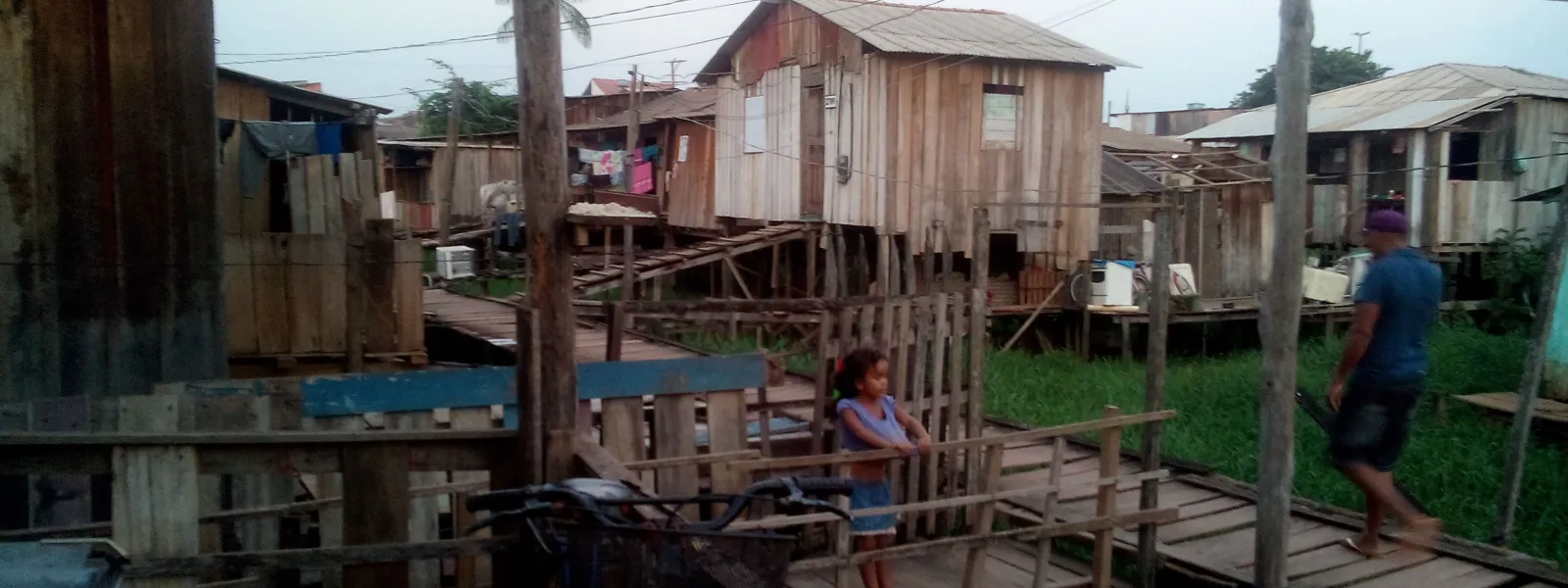
IACHR opens case against Brazil for human rights violations related to Belo Monte Dam
Four years after civil society organizations filed their original petition, the Commission opens the case, asking the Brazilian government to respond to allegations of human rights violations stemming from the hydroelectric project under construction in the Brazilian Amazon.
Washington D.C., United States. As the first reservoirs of the Belo Monte Dam are being filled, the Brazilian government is coming under fire from international organizations. On December 21, the Inter-American Commission on Human Rights (IACHR) opened a case against Brazil, which was challenged by affected communities represented by the Interamerican Association for Environmental Defense (AIDA), Justiça Global and the Sociedade Paraense de Defesa de Direitos Humanos (SDDH).
After an initial review lasting four years, and several requests for fast tracking the case by the petitioners, the Commission finally determined that the petition contains sufficient grounds to open the case, which means that Brazil must respond to the claims of human rights violations caused by Belo Monte.
“We hope and believe that now is the time for Brazil to respond comprehensively to our claims about: the absence of consultation and free, prior and informed consent of affected indigenous communities; the lack of participation and adequate assessment of environmental impact; and the forced displacement and violations of the rights to life, health, integrity and justice of indigenous peoples, riverine communities, and residents of the city of Altamira,” said María José Veramendi Villa, AIDA attorney.
Based on Brazil’s response, the Commission will then determine if requirements have been met to have the case admitted and, if so, to establish whether or not the project caused the alleged human rights violations.
“The opening of the case is, above all, a victory for the affected communities and local social movements, who have endured for all these years, and remain strong and determined in their search for justice and reparation,” said Raphaela Lopes of Justiça Global.
This past November, the Brazilian Institute of the Environment and Renewable Resources (IBAMA) authorized Belo Monte’s operating license, which allowed the dam’s reservoirs to be filled. IBAMA did so despite the fact that Norte Energía, the company in charge of the project, failed to comply with the conditions necessary (potable water and sanitation, among others) to guarantee the life, health and integrity of affected populations.
By opening the case for processing, the Commission is using all available tools to monitor the situation surrounding Belo Monte. Indigenous communities affected by the dam have been protected by precautionary measures that the Commission authorized in 2011, which Brazil has yet to meet.
In early December, the United Nations Working Group on Business and Human Rights visited Altamira, the city closest to the Belo Monte project and one of the areas most affected by displacement and socio-environmental conflicts caused by the dam’s construction. There, they met with affected groups, among them members of indigenous and riverine communities, listening to their complaints. After their visit, the Working Group issued a statement that, among other things, urged the Brazilian government to respect human rights, not sacrifice them for economic development.
The Working Group is expected to present the final report of their visit to the Human Rights Council in June 2016. It is our hope that they conduct an adequate follow-up to their visit, and that the report they produce is explicit regarding both the human rights violations surrounding Belo Monte, and the actions of the Brazilian government and the companies involved.
As organizations representing the victims of Belo Monte, we will continue to press Brazil to respond to the human rights violations directly caused by the dam’s construction.
